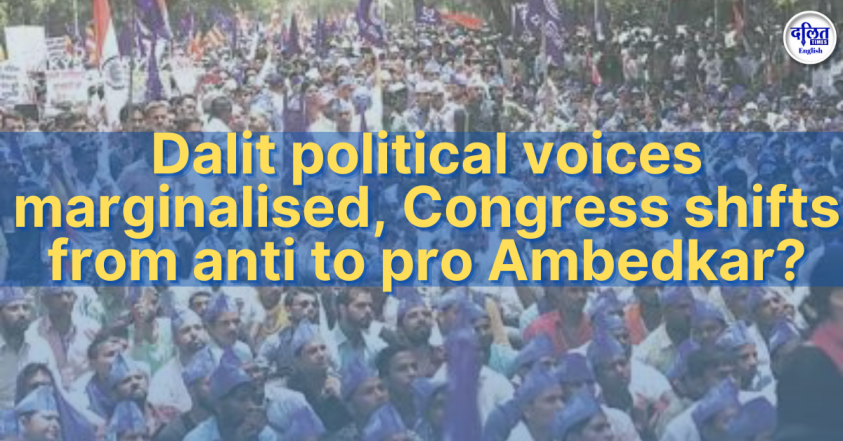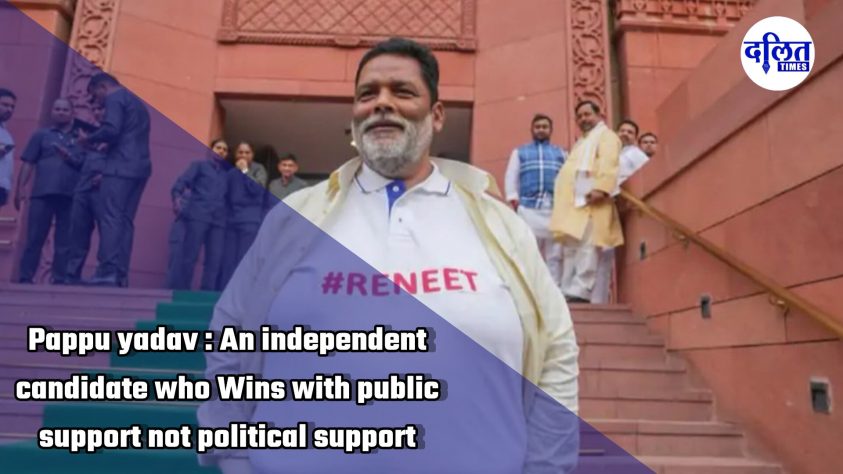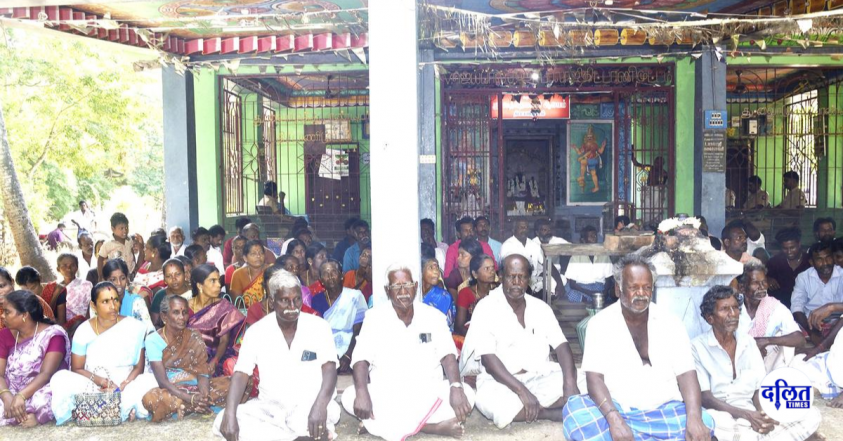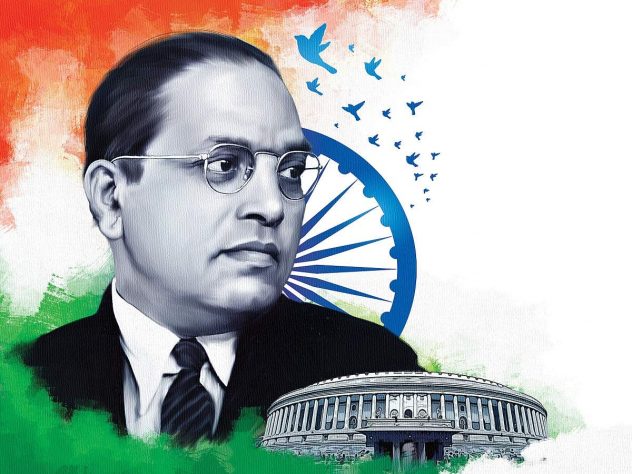The recent 2024 general elections have once again spotlighted the marginalisation of Dalit voices by major political parties, with the Congress party spearheading a divisive agenda that isolates independent Dalit political voices. Accusations have been made that these voices are mere subordinates of the BJP echo through the political landscape.
Story: Anjali Soni
The Congress has marginalized independent Dalit political voices by branding them as BJP second-class subalterns. Even the Congress, which opposed Ambedkar and thought Jagjivan Ram would make a better opponent, now concedes the former’s legitimacy.
Historically opposed to Dr. B.R. Ambedkar, the Congress has now pivoted, recognizing Ambedkar’s significance and positioning itself as the newfound guardian of his legacy and the Dalit community. This move, akin to a fervent convert, involves denouncing any opposition as heretical.
Both Congress and BJP share a strategy aimed at undermining Ambedkarite parties, reflecting a unified interest in maintaining a feudal-Brahmin social order. This model leverages the labour of backward classes, Dalits, and Adivasis while demanding unquestioning loyalty to reserved seats. This election cycle, neither the Bahujan Samaj Party (BSP) nor the Vanchit Bahujan Aghadi (VBA) received the respect or seat-sharing opportunities they sought from these major parties, leading to their electoral struggles.
Also read: Assertion of Caste Identity on Instagram
Despite these setbacks, coalition governments emerged victorious, with Dalit-led parties such as Viduthalai Chiruthaigal Katchi, Lok Janshakti Party, and Hindustani Awam Morcha (Secular) increasing their vote share and securing parliamentary seats. However, the BSP and VBA faced significant losses, largely due to targeted media propaganda, unfriendly alliances, and leadership issues that alienated urban middle-class voters.
Dr Ambedkar’s vision of a non-hegemonic political force aimed to protect Dalit interests by acting as a power broker, ensuring the ruling party remained accountable. The BSP and VBA’s failure to resonate with broader voter bases, particularly among Muslims and backward classes, underscores the challenges of maintaining relevance in contemporary politics. The BSP’s outdated communication strategies and lack of innovative activism further exacerbated these issues.
Also read: Lok Sabha Elections and Chandrashekhar’s Rise to Power
The Congress’s historical choice of Jagjivan Ram over Ambedkar as an ideal opponent now contrasts sharply with its current attempts to champion Ambedkar’s legacy. This shift, however, rings hollow as defamatory attacks against Ambedkarite parties persist, revealing a consistent agenda aligned with BJP’s: establishing a hierarchical system that exploits marginalized communities.
The setbacks faced by the BSP and VBA reveal a critical need for these parties to evolve. While Prakash Ambedkar’s embrace of Kanshi Ram’s radical vision through the Vanchit Bahujan formula offers some hope, it remains to be seen whether these parties will innovate and rally influential masses or continue to falter under the weight of their opposition.
The political landscape demands a reassessment of strategies to ensure that Dalit voices are not merely subordinates but key players in shaping the nation’s future.



